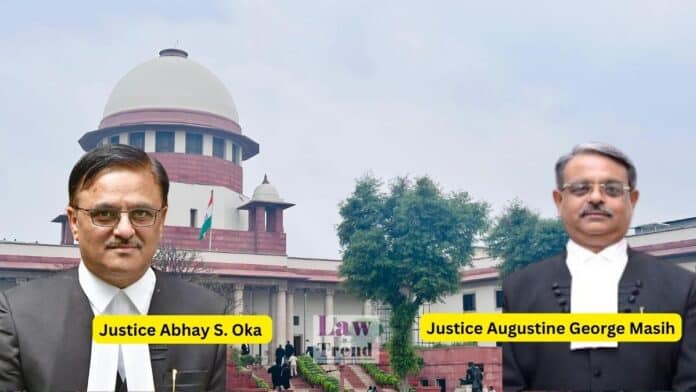In a landmark ruling delivered on April 1, 2025, the Supreme Court of India addressed the pivotal question of whether an inordinate and unexplained delay in initiating departmental proceedings can, by itself, justify quashing a chargesheet. The decision in Civil Appeal No. 10590 of 2024, titled Amresh Shrivastava vs. The State of Madhya Pradesh &
To Read More Please Subscribe to VIP Membership for Unlimited Access to All the Articles, Download Available Copies of Judgments/Order, Acess to Central/State Bare Acts, Advertisement Free Content, Access to More than 4000 Legal Drafts( Readymade Editable Formats of Suits, Petitions, Writs, Legal Notices, Divorce Petitions, 138 Notices, Bail Applications etc.) in Hindi and English.




